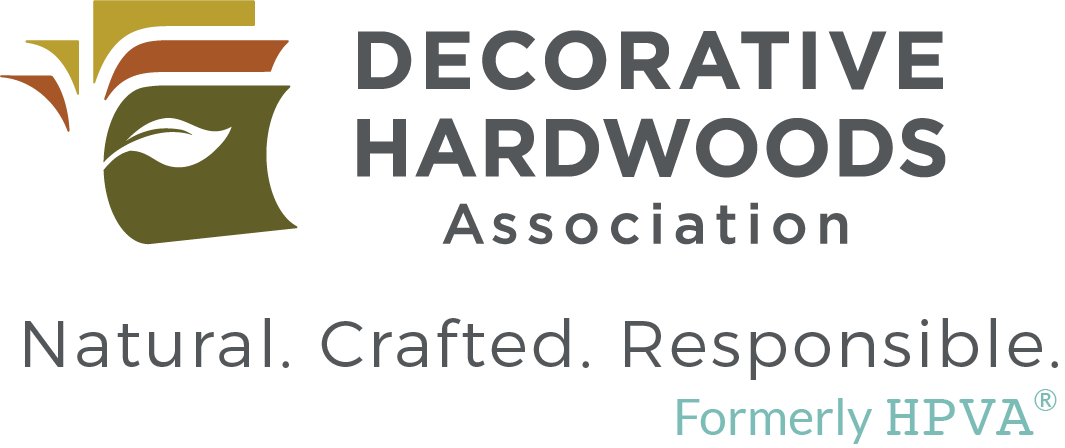DHA eNews – USTR Will Review USMCA, Requests Comments
The top agenda item in Washington these days is funding the federal government for 2026 and preventing a government shutdown when funding runs out at the end of this month. A shutdown became much more likely when Democrats failed to provide votes for a clean continuing resolution that would fund the government at existing levels. Sixty votes are needed in the Senate to pass the legislation. Democrats are pushing for an additional $1 trillion in healthcare spending as a condition for keeping the government open. Earlier this week, President Trump canceled a meeting with Democratic leadership, calling this position unserious. This is a big gap.
Trade and deregulation are also on the agenda as the U.S. Trade Representative has started the process to review the U.S.-Mexico-Canada Agreement (USMCA). The Trump administration has released its Unified Regulatory Agenda, which might be more aptly titled its deregulatory agenda.
If you have questions or comments, contact me. I look forward to hearing from you.

Keith A. Christman, President

On September 17, the Office of the U.S. Trade Representative posted a notice in the Federal Register requesting public comment on the U.S.-Mexico-Canada Agreement. The agreement states that the U.S., Canada, and Mexico will conduct a joint review of the USMCA on its sixth anniversary, which is July 1, 2026. Comments are due by November 4.
DHA is a member of the American Alliance for Innovation, which recently petitioned Congress to improve the Toxic Substances Control Act (TSCA) to balance health and environmental concerns with the needs of the U.S. supply chain and innovation to support growth in U.S. manufacturing. TSCA regulates formaldehyde and other chemicals.
In two votes on September 19, the Senate blocked Republican-led and Democratic-led plans to continue to fund the federal government. This increases the odds of a government shutdown on October 1. Republicans are pushing for a continuing resolution to fund the government at current levels, while Democrats are pushing for additional healthcare funding estimated at $1 trillion.
Per President Trump's executive order, the U.S. Department of Agriculture and the Department of the Interior will merge operations. USDA stated that this will help modernize the wildfire response system, eliminate fragmentation, and strengthen partnerships with state, Tribal, and local governments.
The Trump administration has published its Unified Regulatory Agenda, which lists the administration's priorities for all regulatory agencies and departments. Priorities include revisiting the 2024 rule that tightened the fine particulate matter standard in the Clean Air Act from 12 micrograms per cubic meter to 9, a heat illness and prevention rule, and endangered species regulations.
The Office of the U.S. Trade Representative has officially requested public comments on its annual National Trade Estimate Report on Foreign Trade Barriers. In doing so, the USTR is asking the public to help identify foreign barriers or unfair conditions that affect exports of U.S. goods and services and U.S. foreign direct investment. Comments are due by October 30.
U.S. imports of hardwood plywood grew to 320,803 cubic meters in July, up by 14% from the previous month and by 47% vs. July 2024. Imports from Russia increased by 63% in July as imports from both Malaysia and Cambodia shot up by 72%. Imports from the largest suppliers continue to grow: imports from Indonesia and Vietnam increased by 23% and 6%, respectively.
U.S. imports of tropical hardwood veneer reached $3.1 million in July, 8% higher than last July. Imports from the top supplier, Cameroon, grew by 51%, and imports from Côte d'Ivoire jumped by 80%. Imports from other major suppliers declined. Imports from Italy continued to fluctuate, plummeting by 95% in July. Through July, total imports of tropical hardwood veneer are up by 5% vs. last year.
Capital Testing, industry experts in testing and certification, would like your feedback: are you interested in being certified to the new EU formaldehyde regulation, which will go into effect on August 6, 2026? The regulation sets an emissions limit of 0.062 milligrams per cubic meter (about 0.06 parts per million) for furniture and wood-based articles sold into the EU. There is no reciprocity with TSCA Title VI certification due to differences in test methodology and emissions limits.
If you or your customers will be affected and you want to learn more, contact Josh Hosen at Capital Testing.
DHA member Armstrong World Industries has acquired Geometrik Manufacturing, a top Canadian designer and manufacturer of wood acoustical ceiling and wall systems made from multiple wood species, based in Kelowna, British Columbia.
The Senate Environment and Public Works Committee held a hearing on the Wildfire Emissions Prevention Act. Expert witnesses testified about the need for states to expand the use of prescribed burns and the complexities of prescribed burns and exceptional events under current law.
The eastern American black walnut, Juglans nigra, became Missouri’s official state tree nut in 1990. It's not as widely celebrated as the English walnut, Juglans regia. Missourians are working to change this, from hosting the Stockton Black Walnut Festival to promoting the local Black Walnut Wheat Ale.
How much data does it take to predict a forest's future?





